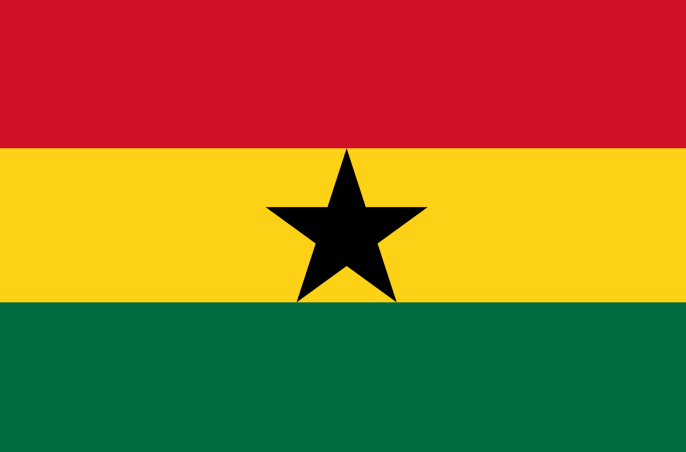GHANA: Mobile Money Float Went Up to GH¢13.2 billion in April 2023

Actual mobile money transaction float in Ghana was GHS13.2 billion in April 2023 alone, which indicates a 37.5% increase year-on-year from GHS9.6 billion in April 2022.
Per Bank of Ghana’s latest Summary of Economic and Financial Data, that float moved across wallets 542 million times (transaction volume) in the course of the month, powering a whopping GHS138.8 billion in transaction value, which is 58.3% higher than the GHS87.7 billion moving around 403 million time in April 2022.
Over the same one-year period, registered mobile money wallets/accounts grew from 50.2 million to 57.6 million, while active wallets also grew from 18.6 million 21.1 million. This indicates that majority of registered mobile money wallets – 36.5 million remain inactive – an increase from 31.6 million a year before.
Interoperability
On the mobile money interoperability (MMI) platform, where transactions go across wallets on various networks and between wallets and bank accounts, the value of transaction dipped marginally from about GHS3.33 billion to GHS3.16 billion year-on-year.
Again, volume of transaction on the MMI platform also saw a slight drop from 14.2 million in April 2022 to 13.9 million same period this year.
But per the report, activity on the MMI platform saw its steepest drop between April and June 2022, when it recorded GHS1.6 billion in transaction value and 10.2 million in volumes. It however saw a steady monthly growth until it reached the current level in April 2023.
But while year-on-year transactions volume and value have dropped marginally on the MMI platform, other forms of instant payments within the interbank space saw increases.
ACH Direct
ACH Direct Debit saw growth in transaction value from GHS135.9 million in April 2022 to GHS200 million in April 2023. In terms of volumes, there was a drop from 60,000 to 49,000 year-on-year. But even worse, volumes saw significant increase monthly over the entire, and dropped from 78,000 in March to 49,000 in April.
ACH Direct Credit also recorded a slight increase from GHS5.9 billion to GHS6.1 billion over the period. Again, the platform performed much better monthly over the one year period, and then saw a dip from GHS7.7 billion to GHS6.1 between March and April. In terms of volumes, there was a drop from 803,000 to 681,000 transactions year on year.
Cheques transactions also performed creditably, recording an increase from in value from GHS18.3 billion to GHS21.4 billion year-on-year. There were a few better months over the period. Volume of cheque transactions also declined marginally from 451,000 to 406,000 year-on-year.
E-levy
Meanwhile, industry players, who complained of seeing some dip in transaction values and volumes since the introduction of a 1.5% electronic transfer levy (e-levy) last year, now report seeing some improvement in the space since e-levy was reduced to 1% from the start of the year.
It remains yet to be seen how the reported improvement has impacted on the value of e-levy collected by the Ghana Revenue Authority (GRA) so far. Indeed, the e-levy itself suffered a big blow as the GRA was able to collect only GHS93 million out of a targeted GHS1.46 billion for the first two months. Then in September 2022, nine months on, it reportedly generated GHS328.8 million, still a far cry from the first two months target.
Industry players, civil society and greater majority of Ghana still insist that e-levy is an unnecessary tax and need to be abolished, which former President John Dramani Mahama, who is now running for a second term has president, has promised he will do if elected into office.
Again, the other justification for introducing the e-levy was to generate funds internally to revive Ghana’s ailing economy, so that the the country will avoid an IMF bailout. Now the bailout is here so it is probably time to heed calls for e-levy to be abolished.
SOURCE: NEWSGHANA
 Africas leading resource for digital financial services
Africas leading resource for digital financial services


comments